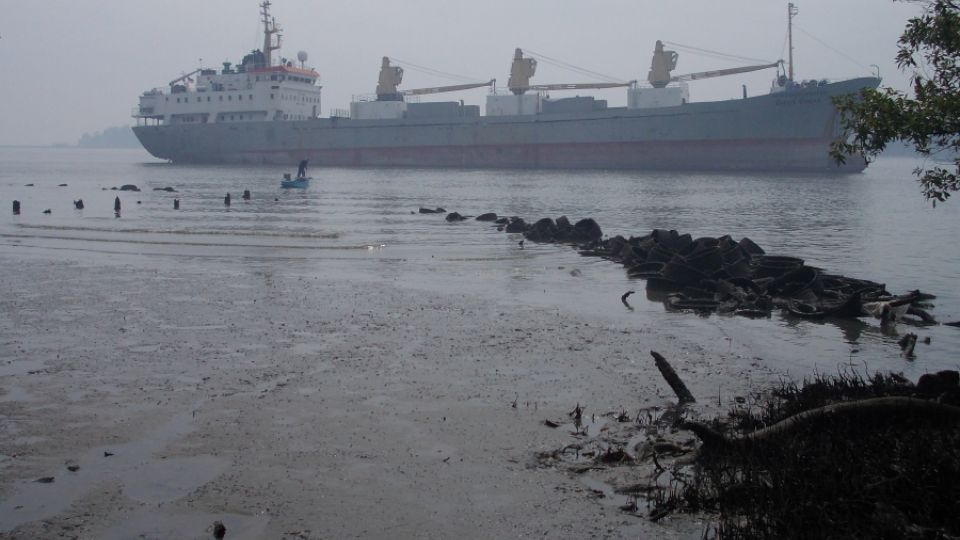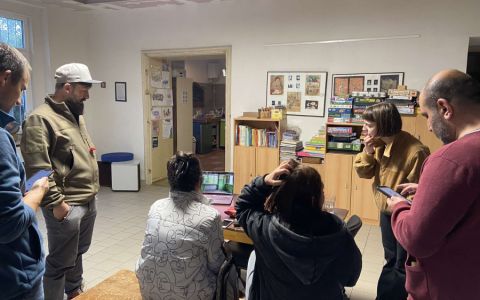Representatives from civil society organizations (CSOs) and environmental advocates filed a lawsuit against three Thai public departments on March 22nd. They did so after a joint letter from the Environmental Law Foundation (EnLaw) and Greenpeace Thailand had been ignored by its addressees – the Thai Ministry of Natural Resources and the Environment, and the Ministry of Industry. Nanticha Ocharoenchai, one of the representatives and a joint plaintiff, says: “Children currently born in Thailand are forced to breathe polluted air. There are many children that might not know what ‘clean air’ would be like.”
Thai activists call for the implementation of the Action Plan for Driving the National Agenda on “Solving the Problem of Particulate Matter” that the Thai Cabinet approved in 2019. The deadline for implementing the short-term measures proposed by the plan was last year, and according to the timeframe, the government agencies should have started implementing the long-term measures by now. However, there has already been some delay and the agencies' actions do not follow the schedule.
Clash over the form of the pollutants register
An important goal of the Action Plan is the establishment of a Pollutant Release and Transfer Register (PRTR). The PRTR should be a part of a successful solution of the PM2.5 issue. Unfortunately, the draft law prepared by the Department of Industrial Works is very vague and does not include the obligation to publish details about the source of pollution, type of pollution, and amount of pollution produced, which is a key principle of PRTR law that is globally applicable.
“The PRTR is a tool that would give the Thai government a better idea, and most importantly, control over industrial emissions. It will then be able to provide a healthier environment for its people more effectively. As part of its foreign activities, Arnika provides the Thai public, but also representatives of the government and industry, with the good experience we have with the PRTR in the Czech Republic and the whole European Union. In our studies, we have also found that the environmental impact of industrial emissions is really significant in Thailand. The sooner Thailand implements the PRTR, the better,” says Miroslava Jopkova, a coordinator of a project in which Arnika, together with the Thai partner organization EARTH, focuses on industrial pollution.
Unfortunately, the current draft does not recognize PM2.5 as one of the targeted pollutants supposed to be monitored by the register. Surachai Trongngam, Secretary of the EnLaw Foundation, says: “Government agencies responsible for environmental protection have been sluggish in addressing PM2.5 pollution in a timely manner. It undermines the right of people to live in a healthy environment.” The authors of the suit claim that the responsible government agencies have been ignoring the country's pollution crisis for a long time. They are now calling on them to take responsibility for failing to fulfill their legal obligations and to take effective measures to address PM2.5 pollution.
Check out Arnika’s gallery: “Exploring the 'World's E-waste Dump' in Thailand”








